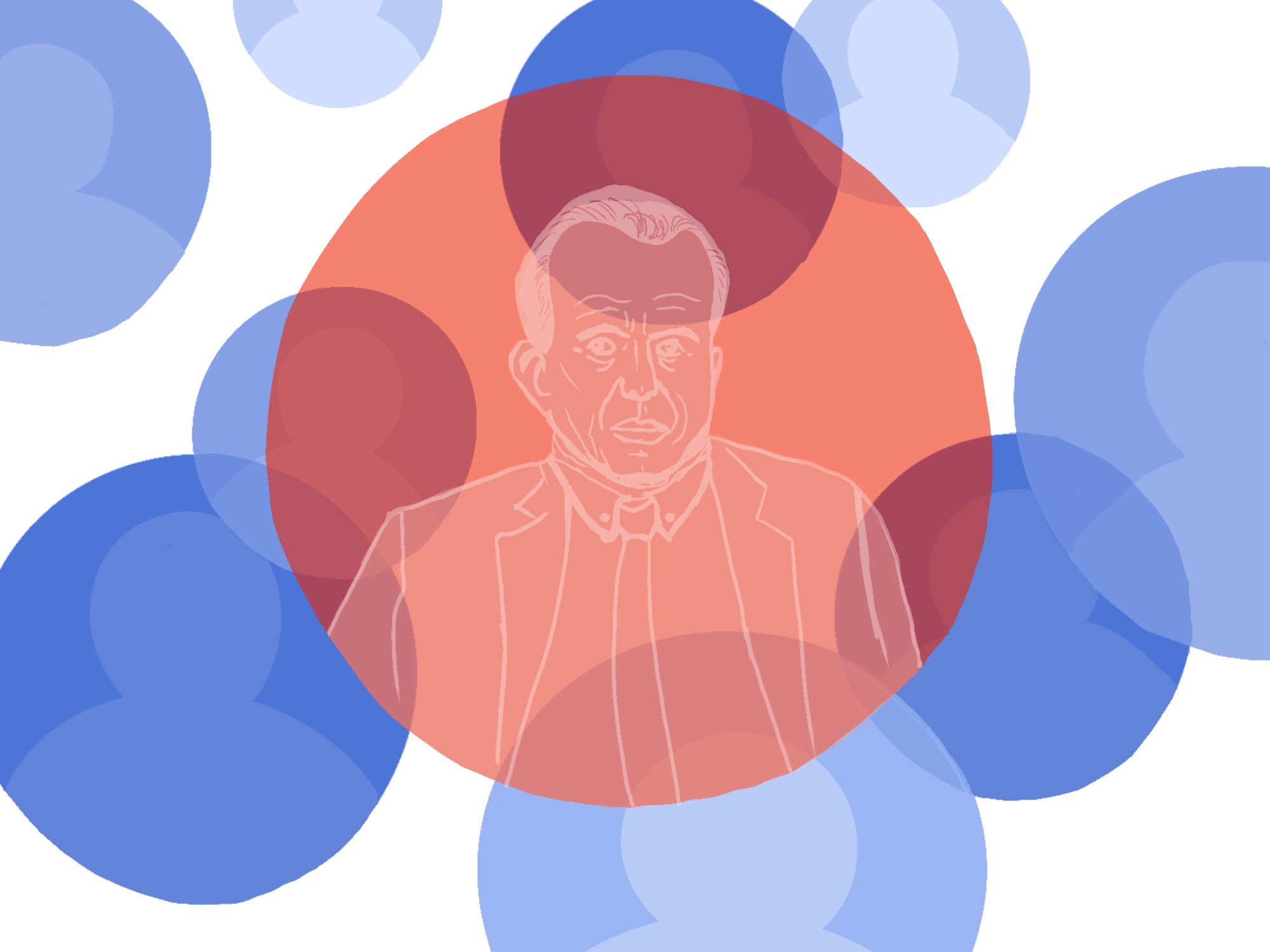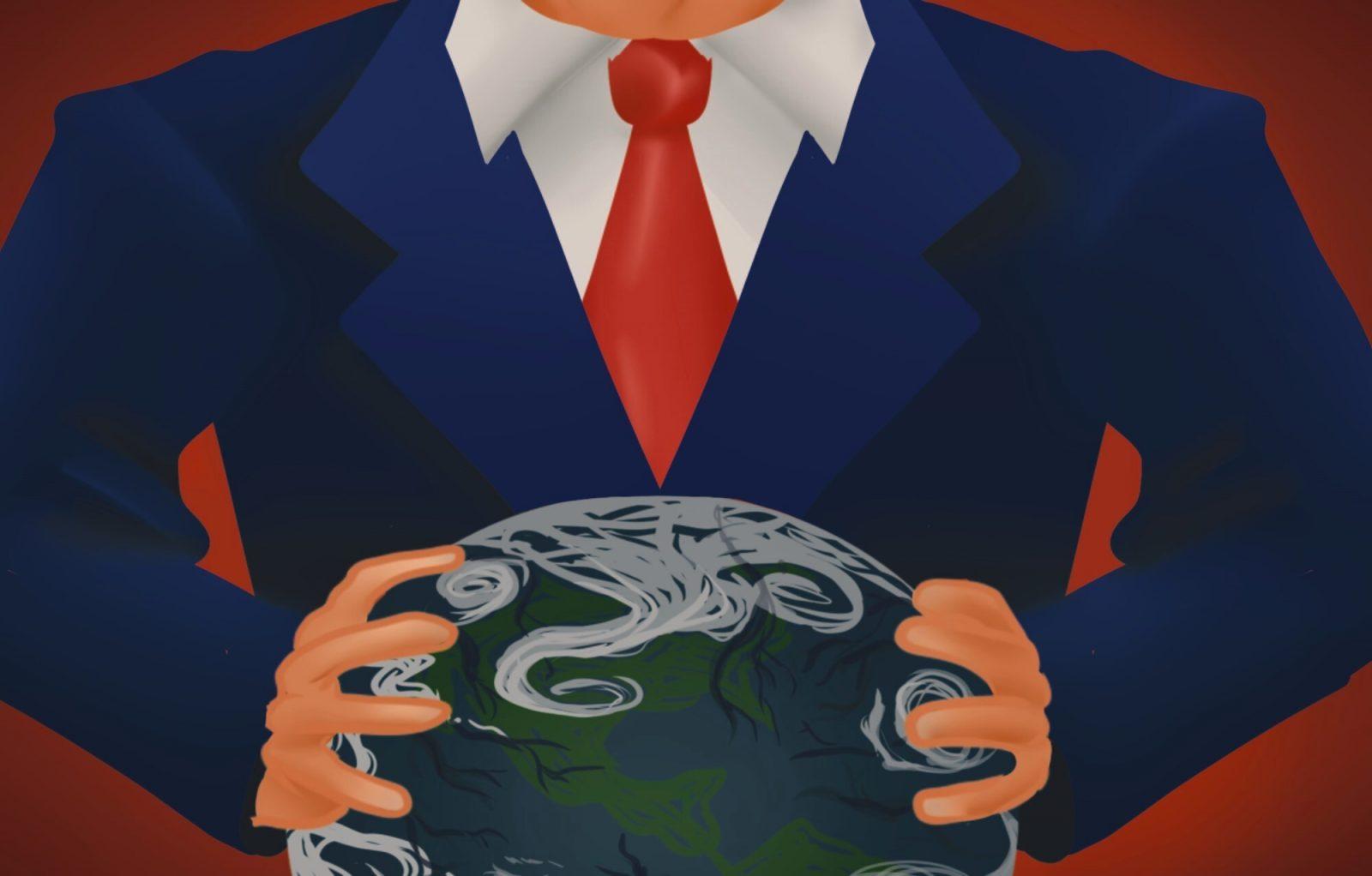We always knew a new administration would mean rapid changes — that’s how politics works, right? We’re stuck in a pendulum swing between Democrats and Republicans, each racing to outdo the other’s policies and tip the scales their way.
These first 100 days have certainly been busy for President Donald Trump. He’s signed a flurry of executive orders and made several policy changes since his inauguration on a range of issues spanning from military to science policy.

Some of the most interesting changes have been made to healthcare policy, which has ripples that affect not only local communities in America, but global programs and initiatives in other countries.
There were healthcare implications that were created almost by accident as a result of other policy changes. For instance, after the federal funding freeze proposal, local health centers, which “serve one in 10 Americans and … one in five people in rural America,” had issues accessing funds and payment, leading to problems and some shutdows in “at least nine states,” according to PBS.
On a much larger scale, Trump has also begun to withdraw from the World Health Organization, which provides the world with cutting edge information on diseases and vaccines. The executive order states that reasons for leaving include the “organization’s mishandling of the COVID-19 pandemic that arose out of Wuhan, China, and other global health crises, its failure to adopt urgently needed reforms, and its inability to demonstrate independence from the inappropriate political influence of WHO member states.”
For years, WHO’s abilities have been called into question, with Adam Kamradt-Scott of the University of Sydney writing in his paper, “What Went Wrong? The World Health Organization from Swine Flu to Ebola,” that there are “structural, cultural, political and epidemiological factors that contributed to the WHO’s mishandling of the first pandemic of the twenty-first century and the world’s largest ever outbreak of Ebola.”
After the pandemic, epidemiologists Neil Ferguson, Anders Tegnell and Chikwe Ihekweazu discussed the need for WHO reforms at a Reuters Next conference in 2021.
“We need to reflect on how the global architecture can be improved,” Ferguson stated, and all three discussed the need for a more independent, time-efficient organization free of politics.
There’s a big caveat hidden in here — WHO has problems, but there isn’t really anything else like it. In an article for The New York Times, former Center for Disease Control Director Thomas Frieden said, “Are there lots of things they could be better at? Of course.” But, he continued, “Are they indispensable? Yes.”
WHO sets a lot of global health guidelines, and has valuable information on the spread of disease outbreaks. Withdrawing means America losing valuable communication and missing out on a chance to contribute to world-wide health initiatives.
WHO responded to the American withdrawal, saying in a statement that it “regrets the announcement.”
The statement continues, “For over seven decades, WHO and the USA have saved countless lives and protected Americans and all people from health threats. Together, we ended smallpox, and together we have brought polio to the brink of eradication. American institutions have contributed to and benefited from membership in WHO.”
Trump later said that he might rejoin. “Maybe we would consider doing it again, I don’t know,” he said at a rally in Las Vegas.
The Trump administration has also temporarily halted foreign aid, and the US Agency for International Development, which is heavily involved in global healthcare, will likely experience funding cuts and reduced staff.
Ongoing international clinical trials were simply told to stop, leaving participants with experimental treatments still in their bodies. Healthcare workers were faced with the choice to either violate orders or leave their patients defenseless.
There have also been huge impacts on HIV clinics. The President’s Emergency Plan for AIDS Relief, established by George W. Bush in 2003, claims to have saved over 26 million lives through its programs. The Trump administration put a hold on it.
The administration later partially rescinded the halt and allowed medicine to be redistributed. The rollercoaster of stopping and restarting funding has led to clinics shutting down temporarily or giving out less medication.
All this to say, there’s been a lot of abrupt changes in the past couple weeks — often a natural part of a new administration. But, in the race to always outdo, redo and undo the decisions of the other political party, we seem to be making brash decisions without a good concept of the long-term consequences.
Of course things will change over the next four years. But, with the wide-ranging consequences of global healthcare, there is no need for drastic, immediate changes that we roll back once we realize the effects of them.
It’s a long shot to want less of a pendulum swing and more of a gentle sway every time the presidency rolls over. But even within these healthcare decisions we see the administration revising in real time.
As these first hundred days continue, perhaps we can find more of a balance so that any changes made in healthcare are long-term, sustainable and have the world’s best interest at heart.





























































































































